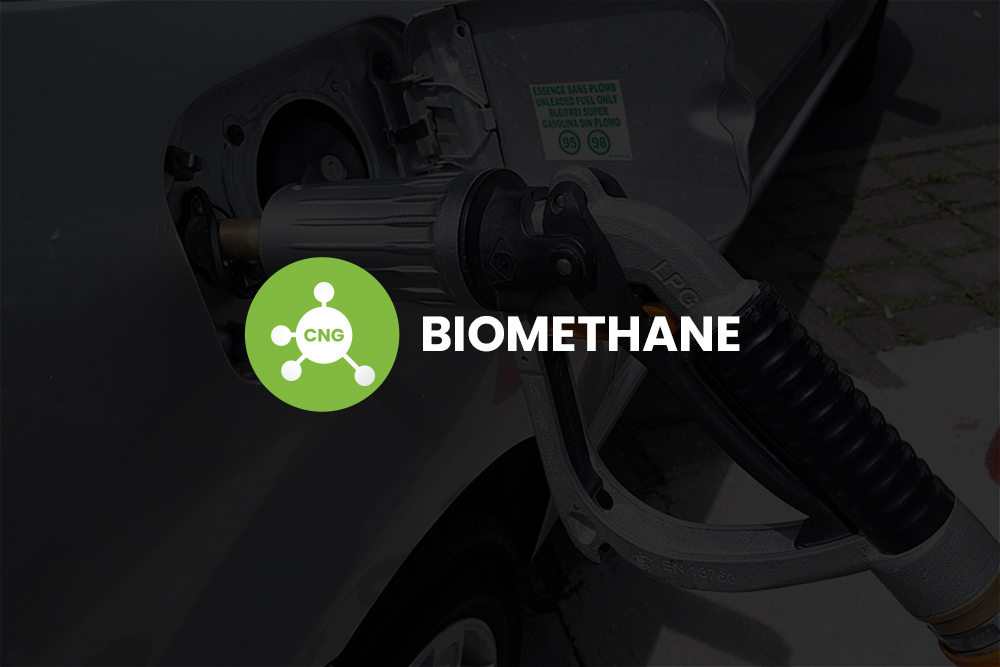Electricity from Biogas
Electricity from Biogas
Biogas is produced when organic matter is broken down into a mostly-methane mixture of gases by microbes present in nature.
When organics are collected and put in large tanks or anaerobic digesters, methane is harvested and stored where it can be used as natural gas or converted into electricity and heat by generators to be sold to utilities for distribution to their customers.
Energy obtained from biogas offers several advantages in the field of obtaining electricity and thermal energy, fertilizers and waste management.
Biogas plants are important for the provision of renewable sources, since they allow the production of sustainable electricity and heat (with no greenhouse gas emissions), whilst having a number of positive effects on the rural economy.
Biogas is a renewable energy source and one of the most promising, most efficient and environmentally-friendly energies of the future. The production of green, environmentally friendly energy from biogas is an important contribution to reducing greenhouse gas emissions and reducing energy dependence on fossil fuels and imported energy sources.
Pannonia Bio Gas converts biogas into electricity and injects it into the local grid. We pride ourselves on the biological efficiencies our state-of-the-art process achieves. Utilising novel biological tools and a mechanical pre-treatment process, we uniquely feed and protect our microbial “workers” and optimise the biology in our digesters resulting in more biogas, higher methane conversion efficiency, and cleaner energy.
Digestate
Digestate is the residual part of degraded biomass after biogas production. While it is stable organic matter rich in various fertiliser nutrients (N, P, K), it requires careful application to cropland, costly transportation, or further upgrading to recover mineral nutrients.
At Pannonia Bio Gas, we implement our advanced biological know-how to minimise the potential burden of digestate management. By maximising microbiological metabolism, we lower the digestate environmental footprint, and through innovative water recycling strategies, we close the water loop. Our aim is to demonstrate complete flexibility in nutrient-to-water conversion to allow farmers and industrial biogas producers a sliding scale of choice to match their specific needs.
Looking back
Europe has been exploiting biogas for municipal and industrial use for over 150 years, but modern biogas production on farms, at sewage treatment plants and municipalities has only taken hold in the last 30 years.
The basics of commercial-industrial anaerobic digestion technology for biogas production has changed little in 150 years, and this is where Pannonia Bio Gas aims to make its mark. As a wholly biological process, the future of biogas production lies in process innovation at the microbiology level.
Pannonia Bio Gas brings some unique biological tools to its production plants which will serve as nurseries for the development of new bio-based technologies and novel approaches to zero waste.

